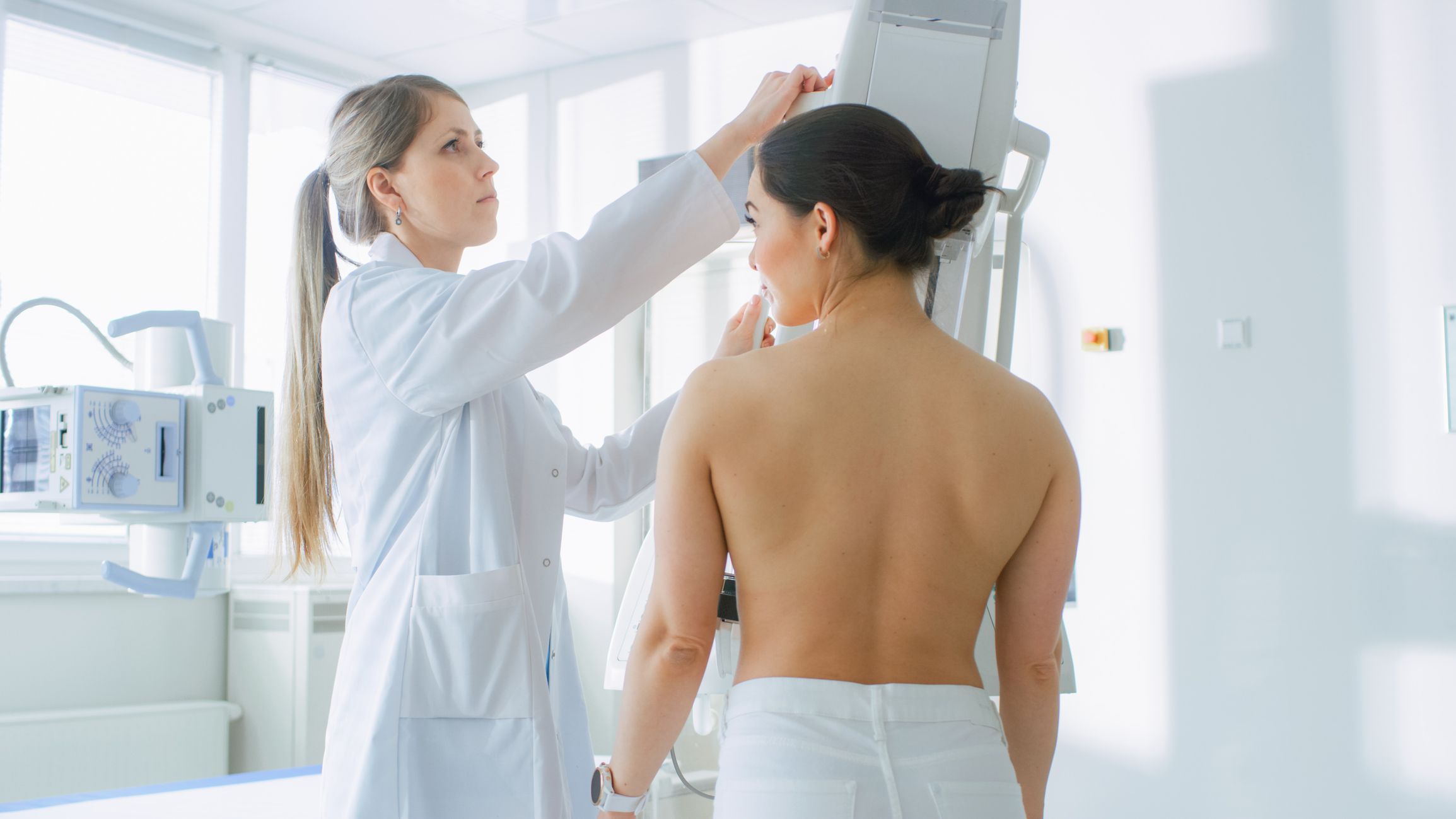About one in eight women in the United States, about 12 percent, will develop invasive breast cancer over the course of her lifetime, according to BreastCancer.org. Early detection is key to catching breast cancer before it spreads to help boost survival rates.
A mammogram is an X-ray of breast tissue that's used to detect breast cancer. Traditionally, mammograms are taken two dimensionally. They produce flat black-and-white pictures that a doctor can look at on screen.
The 3D mammogram test takes multiple photographs of the breast from different angles. Three-dimensional mammograms can be used with a 2D mammogram or alone. This test, approved by the U.S. Food and Drug Administration, can give a clearer and more dimensional image.
Benefits
Standard mammograms are effective at detecting breast cancer. But, combining a 3D mammogram with a 2D one offers some advantages. It can reduce the need for follow-up images. It can detect slightly more cancers than a 2D one alone. Studies indicate that combining a 3D mammogram with a standard mammogram can result in about one more breast cancer diagnosis for every 1,000 women screened when compared with a standard mammogram alone. And it improves breast cancer detection in dense breast tissue since the 3D image lets doctors see beyond areas of density.
Disadvantages
A 3D mammogram is a safe procedure. However, because a 3D mammogram is usually combined with a standard mammogram, the level of radiation may be greater than a standard mammogram alone, says the Mayo Clinic. Some newer 3D mammogram machines can create both 3D and 2D images at the same time, which lowers the amount of radiation.
Cost
Still, cost is one of the main reasons that deter people from getting the 3D mammography. A 2D test is often covered in full, considered part of preventative care. But, for a 3-D mammography, insurance may not cover all the cost or make you reach your deductible first. In fact, cost is one of the biggest misconceptions about 3D mammograms. "The biggest lie to me on mammography issues is the myth that if a woman has dense breasts, her test will be covered. That is simply not true. It technically may be covered," says Mary Jane Minkin, MD, a gynecologist who practices at Temple Medical Center in New Haven, Connecticut. "But it goes to the woman's deductible. And since many women never meet their deductible that will be several hundred dollars out of her pocket."
A 3D mammogram also may identify an abnormality that, after additional tests, turns out not to be cancer—to be benign or consistent with normal tissue. That's known as a false-positive result, and it can cause unneeded anxiety if you undergo additional imaging and testing, such as a biopsy, to further assess the suspicious area. Plus, that's all done at an extra cost for you, too. "Unfortunately, as with many medical tests, there are false positives," says Dr. Minkin. "It requires workup. Fortunately, most of the time the finding is benign. But the workup isn't automatically covered. So you may end up paying for these extra tests out of pocket."
Medicare will not cover a 3D mammogram. They'll only cover a mammogram if it's a yearly, routine screening, though. They won't cover it if it's diagnostic, which is what a 3D mammogram is considered. Under the Affordable Care Act, breast cancer mammography screenings are covered every one to two years for women over 40. But three-D mammograms aren't part of coverage at this time.
Some states mandate that insurers cover 3D mammograms and others don't. Contact your health insurance provider to find out your plan's specific coverage.
Regardless of what method you choose, be sure to get a mammogram screening annually. It's the best way to catch breast cancer before it spreads.


